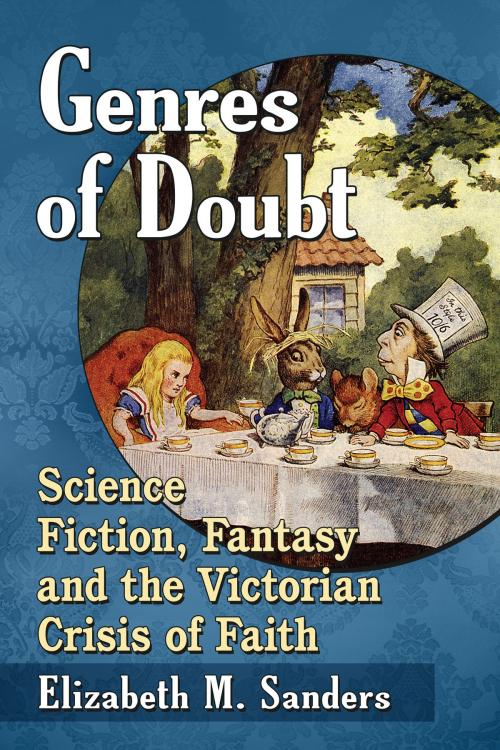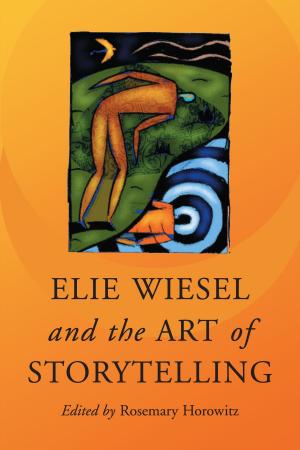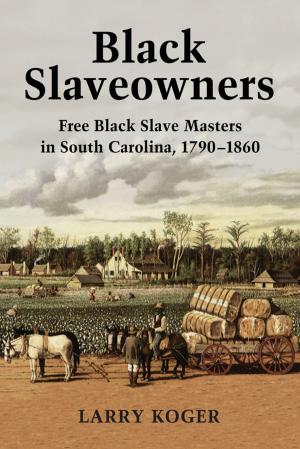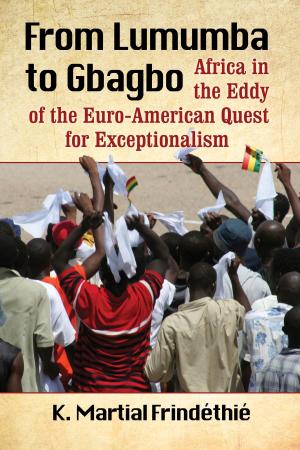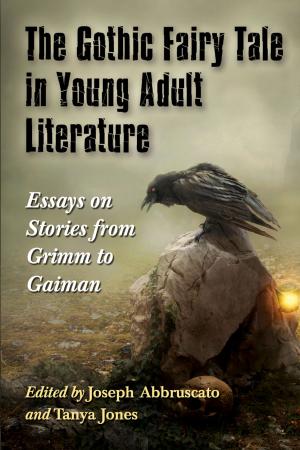Genres of Doubt
Science Fiction, Fantasy and the Victorian Crisis of Faith
Fiction & Literature, Literary Theory & Criticism, Science Fiction, Nonfiction, Social & Cultural Studies, Social Science, Cultural Studies, Popular Culture| Author: | Elizabeth M. Sanders | ISBN: | 9781476629216 |
| Publisher: | McFarland & Company, Inc., Publishers | Publication: | April 26, 2017 |
| Imprint: | Language: | English |
| Author: | Elizabeth M. Sanders |
| ISBN: | 9781476629216 |
| Publisher: | McFarland & Company, Inc., Publishers |
| Publication: | April 26, 2017 |
| Imprint: | |
| Language: | English |
Nineteenth-century Britain gave birth to the fantasy novel and the science fiction novel—two of today’s most popular genres. During the same period, the traditional Christian beliefs that had underpinned British society for centuries faced new challenges as geological discoveries, the writings of Charles Darwin and exposure to other cultures gave rise to a Victorian “crisis of faith.” These two shifts—one literary, one cultural—were deeply intertwined. The novel, a literary form that was developed as a vehicle for realism, when infused with unreal elements offered a space to ponder questions about the supernatural, the difference between belief and knowledge, and humanity’s place in the world. The author explores how questions of meaning, identity and faith inspired the speculative fiction of today’s novels, films, television shows and comics.
Nineteenth-century Britain gave birth to the fantasy novel and the science fiction novel—two of today’s most popular genres. During the same period, the traditional Christian beliefs that had underpinned British society for centuries faced new challenges as geological discoveries, the writings of Charles Darwin and exposure to other cultures gave rise to a Victorian “crisis of faith.” These two shifts—one literary, one cultural—were deeply intertwined. The novel, a literary form that was developed as a vehicle for realism, when infused with unreal elements offered a space to ponder questions about the supernatural, the difference between belief and knowledge, and humanity’s place in the world. The author explores how questions of meaning, identity and faith inspired the speculative fiction of today’s novels, films, television shows and comics.
